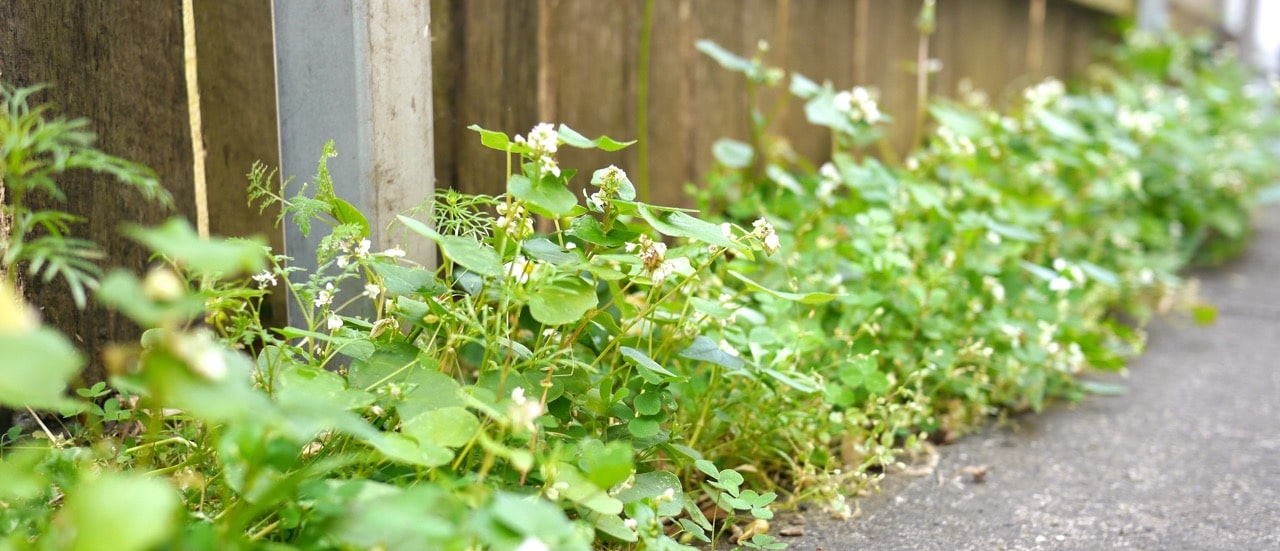
A pocket full of seeds. Ever since I heard of the concept, I’ve loved this idea. The idea of always, always having something in your pocket to sprinkle on any bare patch of ground that you see.
A day could start out completely ordinary. Nothing to see here.
But then, you’re walking along, and you spy a bare spot. Aha!
A sprinkle and a scuff (in lieu of mulch or covering the seed somehow, if there’s not time), and you’re done.
And maybe one day, someday soon, some gorgeous greenstuff will rise.
It doesn’t have to be edible plants.
Indeed, sometimes, it’s better that they’re not edible – say if you’re in an industrial area, or somewhere with heavy metal loadings to consider (roadsides, etc).
But that doesn’t mean your pocket full of seeds can’t potentially help out.
Pollinators are everywhere – wasps, bees, small birds of all sorts. Critters of the ‘hood.
And they need nectar, pollen, seeds and habitat, to do what they do best.
So it’s a sprinkle of buckwheat, or queen anne’s lace. Of cosmos, coriander, clover or yarrow.
A sprinkle and a scuff, and you’re done.
Maybe it won’t all grow. And maybe it will.
If it doesn’t, the local ants (and maybe mice) will help you out.
And if it does – before you know it, the biodiversity of that patch of ground will have leapt ahead – with all sorts of miniature consequences.
In these times of change, in a world out of balance, this can only be a good thing.
Lately, I’ve had Good Bug Mix from Green Harvest Seeds in my pocket – it’s a mix of red clover, alyssum, cosmos, marigolds, Queen Anne’s Lace, buckwheat, lucerne, dill, caraway, coriander, phacelia and gypsophila.
But you could use whatever is hardy, likely to grow, non-invasive and beneficial to your local pollinators.
You know what else? Any day I have a pocket full of seeds is a good day – partly just because I know they’re there, this pocket of future flowers, food and forage.
It’s easy to feel like there’s nothing you can do, about so very many things that deeply and truly matter. But then…
A sprinkle and a scuff, and there you go.
Potential small revolutions, in the face of all that’s around us.
I think this is what my pockets are for.

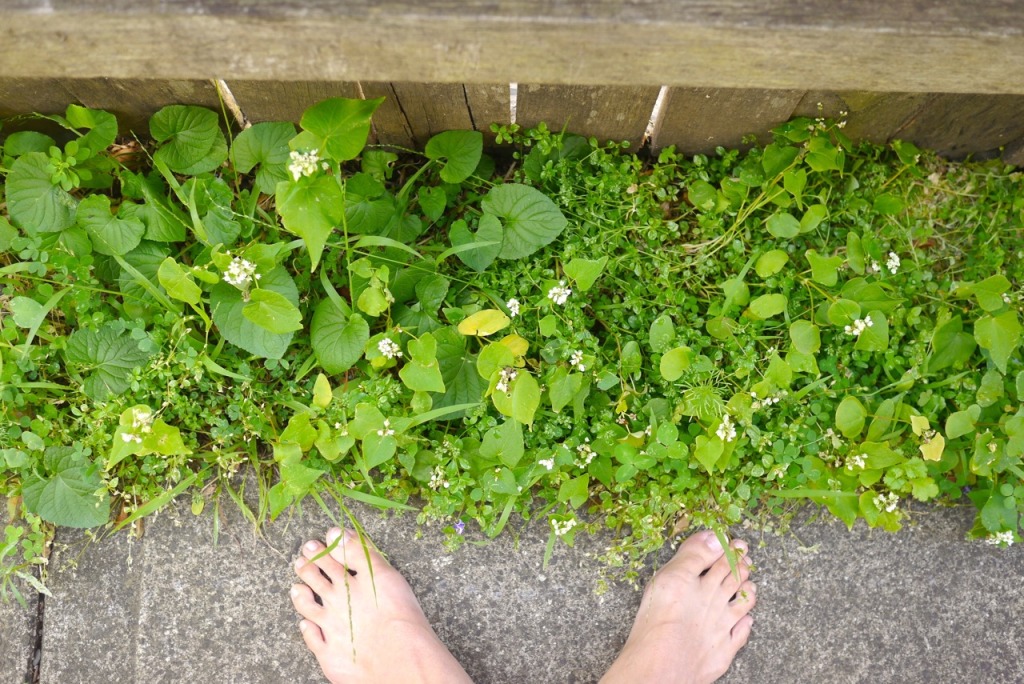
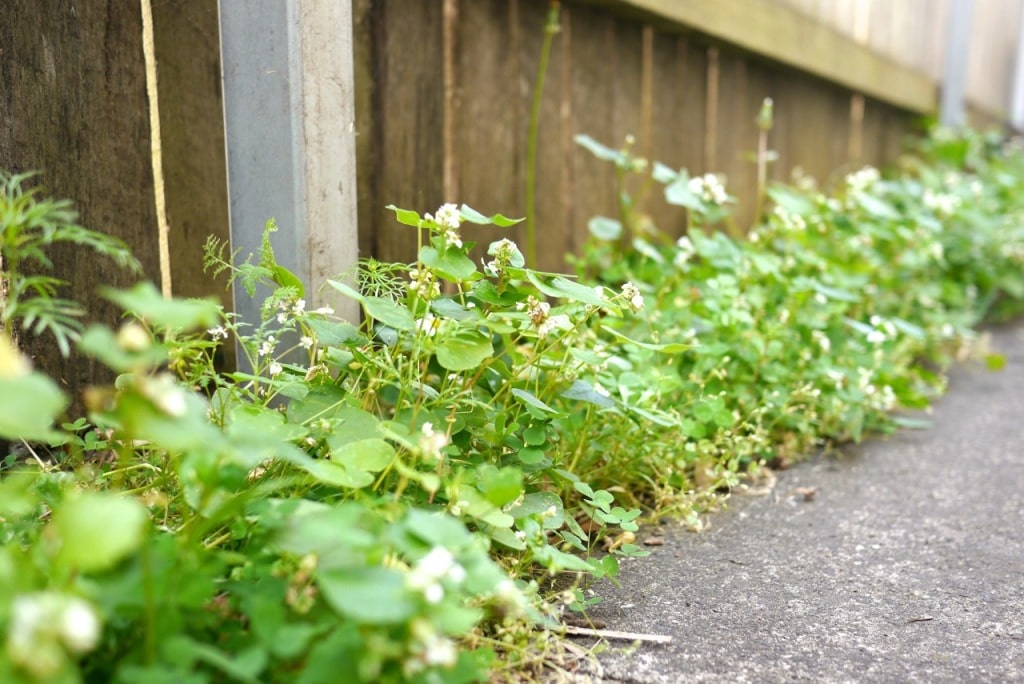
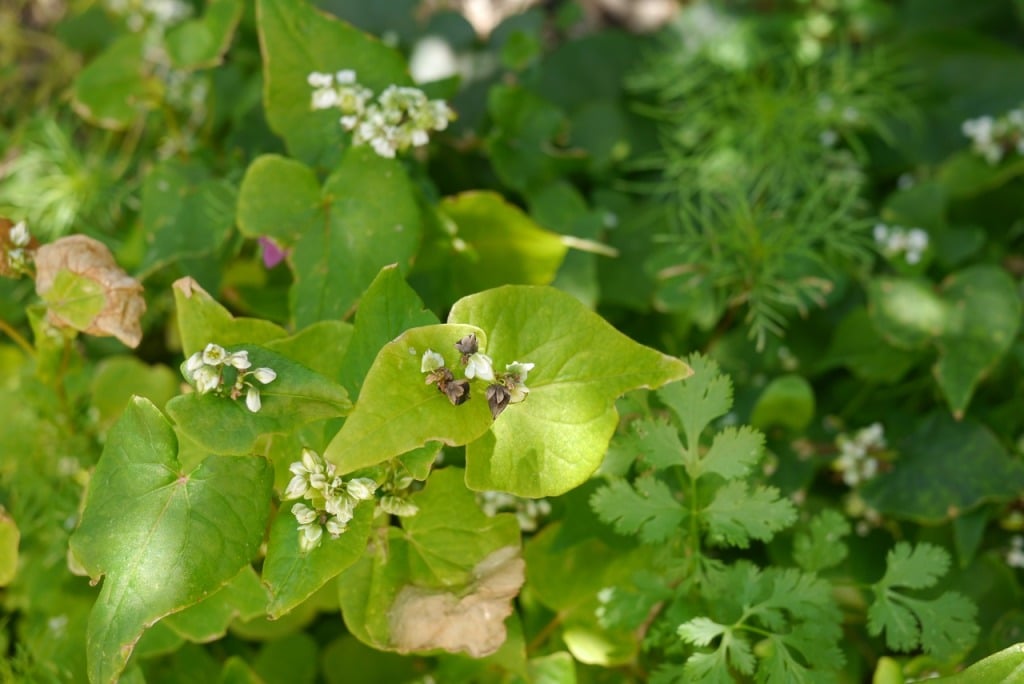
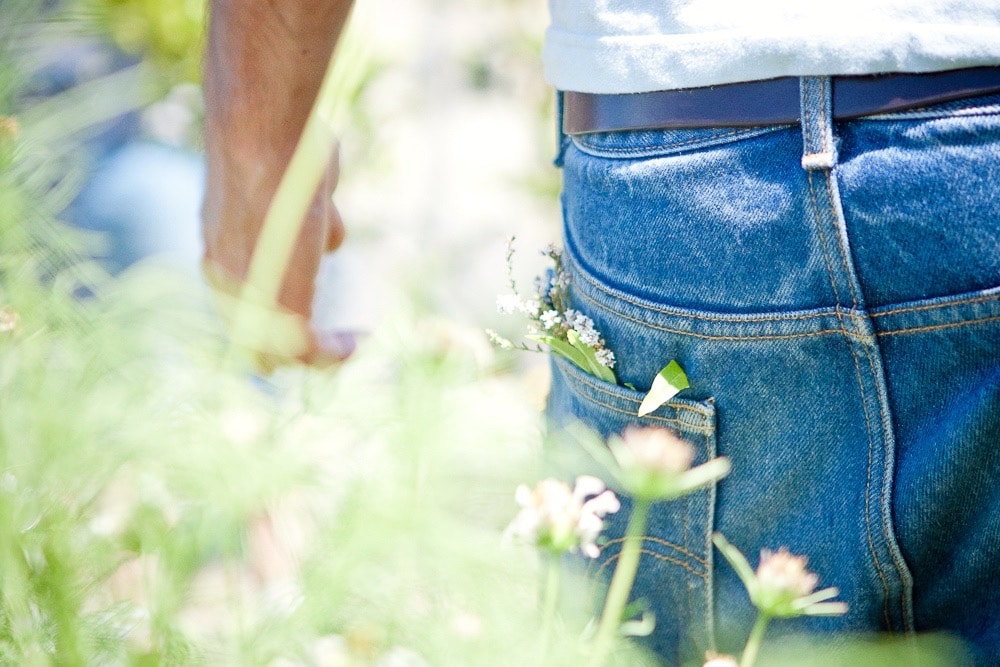
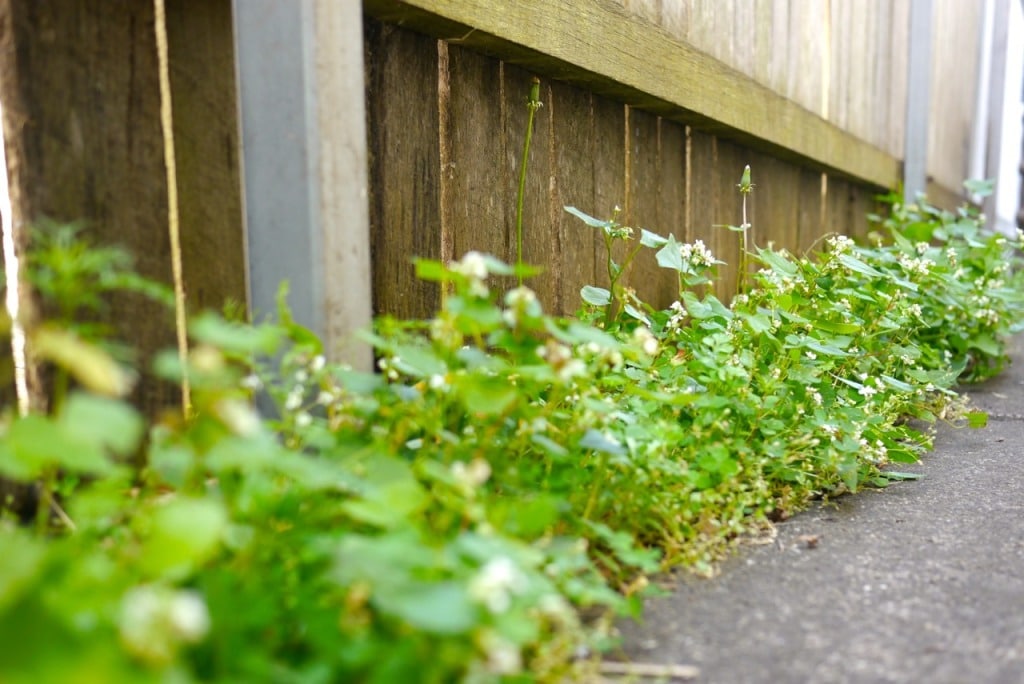
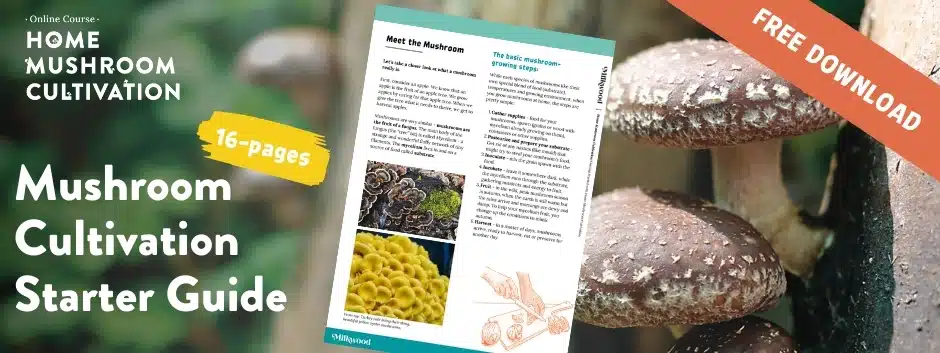
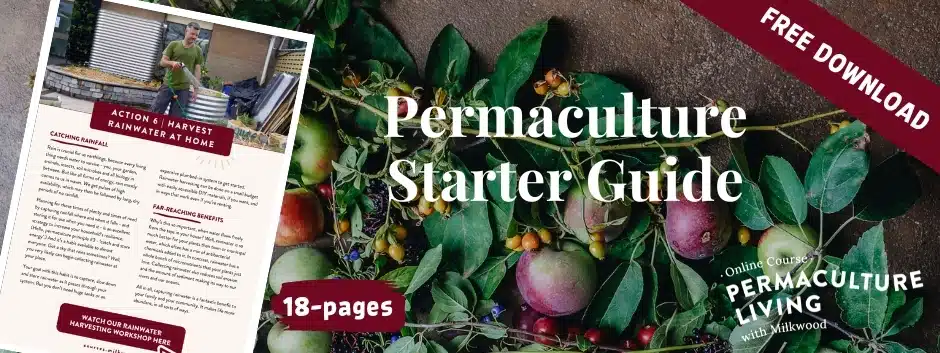
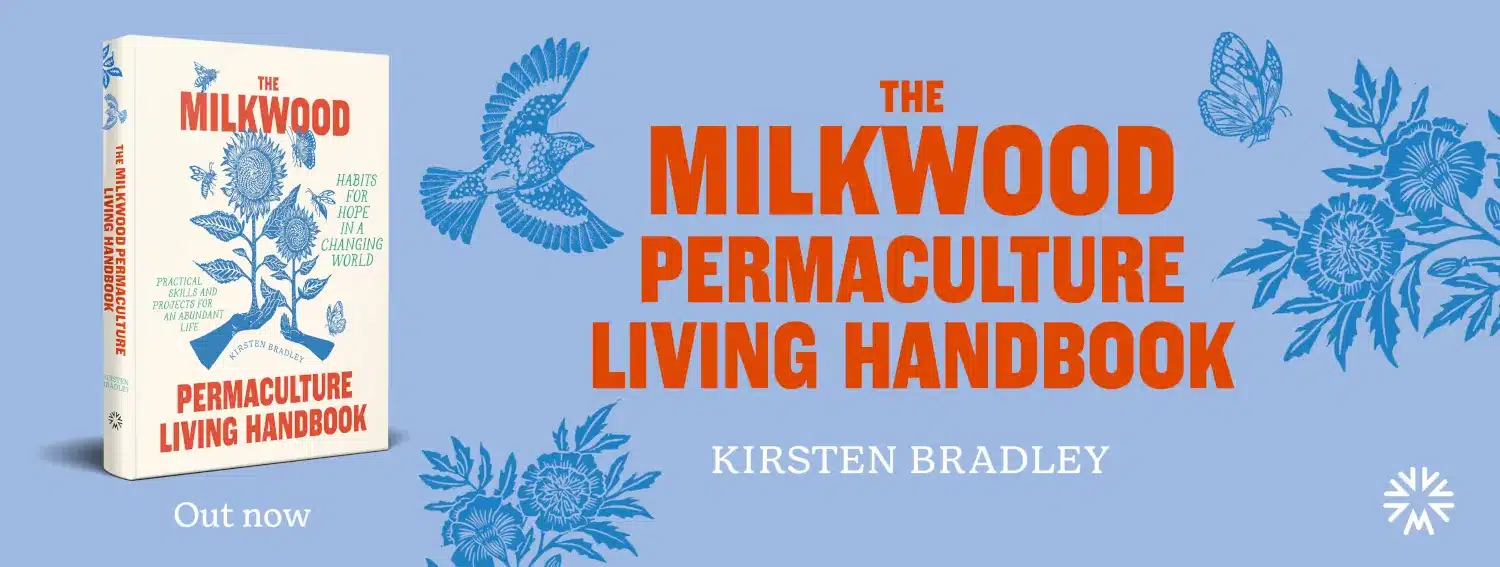
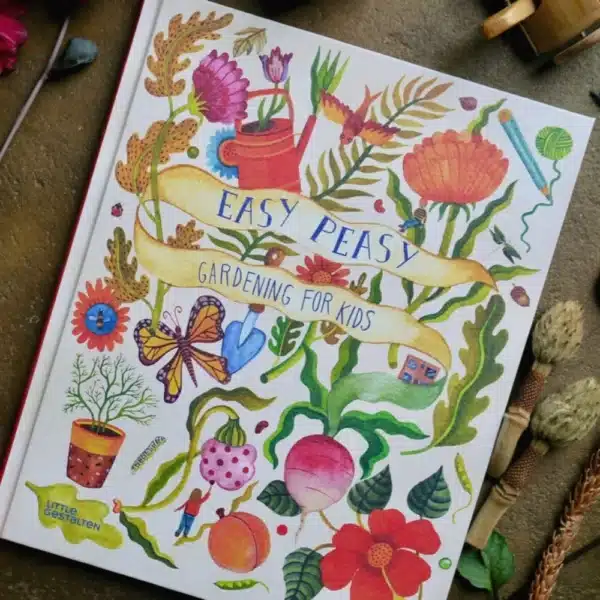
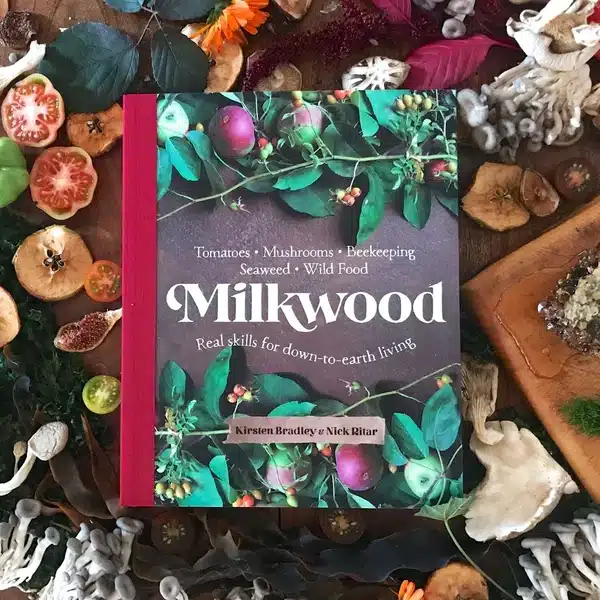
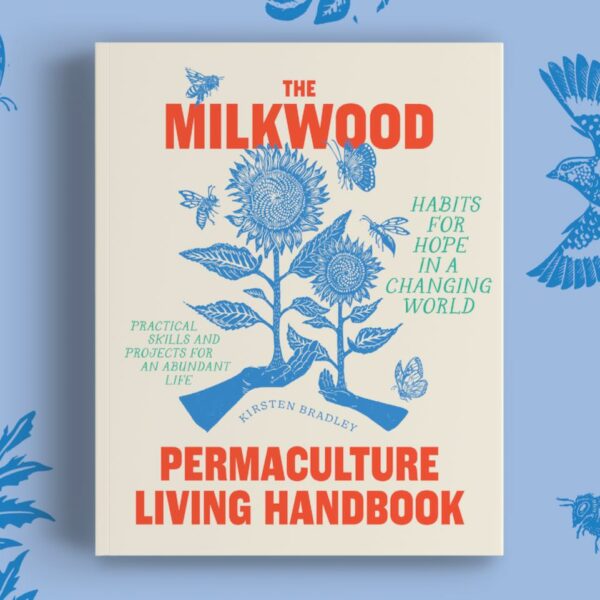






What is a friend to one can be a weed to another. A lovely sentiment about indiscriminate planting can result in ugly unintended consequences of European herbs and weeds colonising our precious bush and grassland reserves. Please take care when it comes to planting seeds….and make sure it is not another case of humans randomly interfering with nature even though the intention is benign.
It’s a state of mind David. I heard someone up in the NT once claim that dingoes did not belong in Australia because they have only been here for 50,000 years. What does that say about us who have only been here for 200 years? Are you a native to your region David? If your ancestors are recent to your region are you then prepared to remove yourself from your location as a ‘human weed’. I read today that dwarf crocs have learned how to consume the legs of cane toads and avoid poisoning themselves. Nature will take care of… Read more »
Couldn’t agree more with David and hope something will be added to the post about being mindful about the seeds you plant and where you plant them.
I hoped permaculturalists had got over this ‘nativist’ stuff Dean. There are many wonderful ideas in permaculture but this isn’t one of them.
Su, I do volunteer work with my local conservation group. A terrific group of well meaning people. I love the work and I am just as keen to learn about natives as I am keen to learn about plants in general but when it is said over a cup of tea that Borage is a weed, then that is a position that I do not share. My observation is that wild nature will adapt itself to non natives quite readily. I saw the rare and endangered, solitary Blue Spotted bee one day in amongst the Chinese Forget Me Nots and… Read more »
there’s nothing indiscriminate about planting carefully selected seeds of plants that are all non-invasive and all-round useful to any human or animal that comes across their path, in my opinion 🙂
If you want to talk weeds, environmental destruction and plants out of place, let’s start with those causing the most adverse impact in this continent’s ecosystems – wheat, or rice, or canola, or sugarcane etc… the list is long!
Well said Kirsten and more succinctly put than my comment.
Lovely idea Kirsten, and interesting comments David and Dean. I think permaculture could embrace the notion of bushfoods more – especially here in Australia where the native plants have fed people since the time before time began. At the same time I always prefer green to concrete … but I do think David has a point 🙂